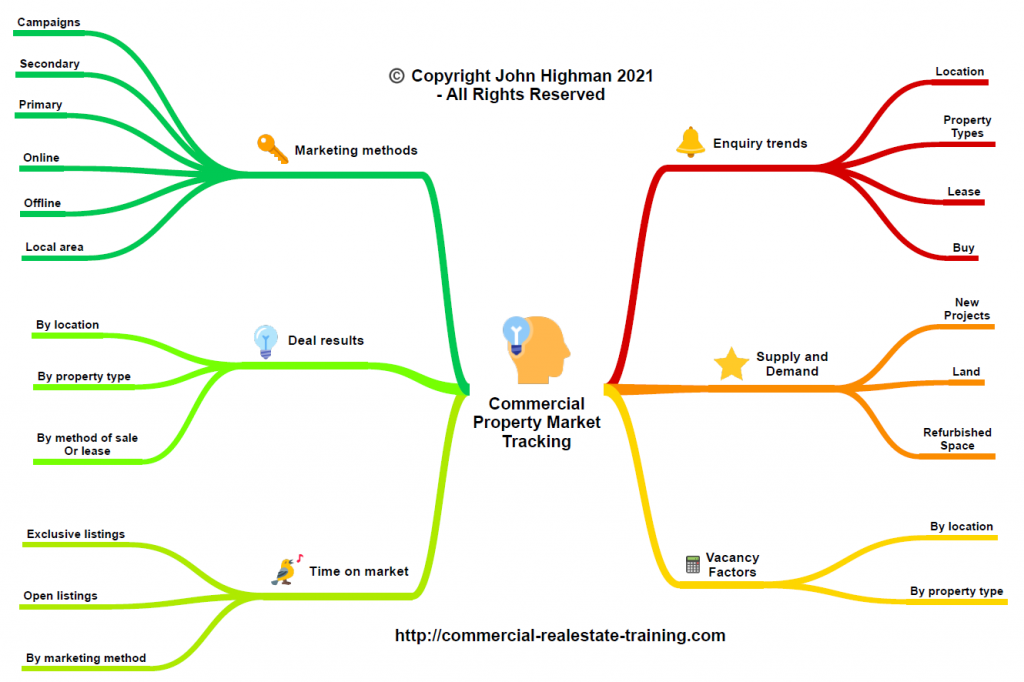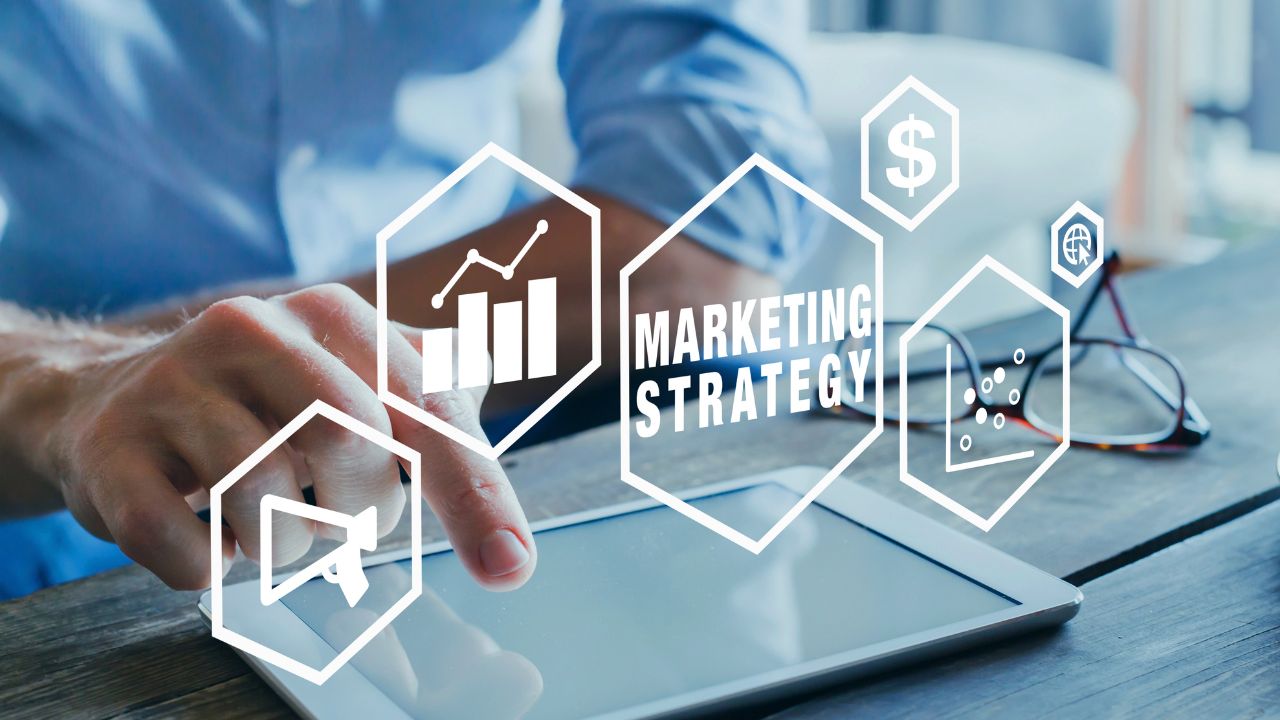Using the Best CRM Software for Commercial Real Estate Database
In commercial real estate sales and leasing, you need a good database to help you keep in contact with the right people in the right way. Your contact with people and the particulars you gather in that process will help you thrive as an agent in the brokerage.
That being said, many agents don’t use a CRM system well, or sometimes they do not use one at all. They forget the process or cannot consistently get the calls logged and actioned.
To thrive in commercial real estate as a broker or agent, you must maintain constant contact with other people, and a software program to control that is important. Spreadsheets are not good enough for the process.
Building Your Database
The common and big problems with the use of CRM systems are usually one or more of the following:
- The salesperson does not know how to use a computer comprehensively and is not comfortable with the process
- The CRM system is not updated regularly by the front-line salespeople
- The system cannot integrate with email and brochure despatch
- List modification is hard or slow to undertake
- The system is not flexible enough to capture all the right information for the office or salesperson
- The sales team sees the CRM system as a burden and not a tool of opportunity
- The principal of the office spends a lot of money on a top-notch system only to find that the sales team does not use it due to poor training or commitment.
There is a direct link between intense CRM usage and great salespeople. These salespeople integrate the CRM into their business day and will use the CRM as a business tool of advantage.

Consistent Ongoing Contact
The basic fact of commercial real estate is that you must keep in contact with many people, and you cannot do that from the back of your diary.
A typical salesperson should have a database of 1,000 people, some of whom will be high-end prospects. Some of those will be Key Accounts; ongoing contact is important. How do you do that now?
Before you spend a lot of money on a new CRM system for the office, it pays to sell the concept to the sales team and get their feedback on the process and their commitment to using it.
CRM systems do not have to be expensive, and in the first instance, choose something easy to use and migrate databank information to and from. One of the biggest frustrations with many CRM systems is their inability to merge information from another data source.

Data Collation Control
It is easy to think that companies manufacturing common CRM software are trying to protect their product by making their ‘data’ hard to move elsewhere. That can make it difficult for the typical agent or salesperson to migrate data to another system when they want to change CRM suppliers.
When in doubt, use basic list-building software from a mainstream supplier until you can find something really good to use and not too expensive to buy. Microsoft Access is a good temporary solution.
The database you use should be something you are comfortable with and easy to use. You will be the person using it most of the time. Ensure that you can load the information quickly and directly.
Also, ensure that you can get your data easily from remote locations. Can you load your CRM program on your mobile phone? That is a common advantage today.








